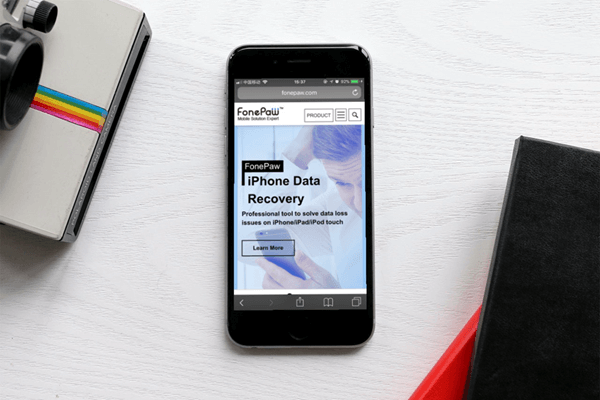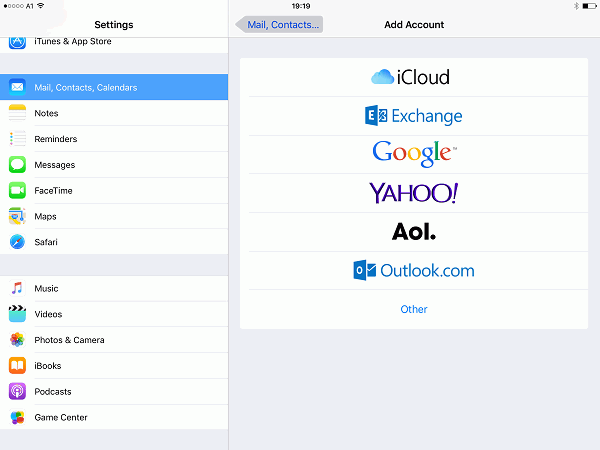5 Signs You’ll be Hit by Ransomware and How to Prevent It
Ransomware can feel like a death knell for your business data. Being the victim of ransomware can have huge financial and operational costs, so you need to be fully aware of the risks, signs, and ways to prevent attacks.
Some hackers will take a long time to plan a ransomware attack on your business, while others will be a quick network takeover. It can be possible to spot potential signs of an attack if your network administration is up to par.
What is ransomware exactly?
Ransomware is a type of malware that infects your computer or network and encrypts or wipes your data. Once the damage has been done, you will get a “ransom note” demanding you pay money - usually cryptocurrency - to have your data restored from a backup.
In bigger attacks, companies can also face the dual threat of their stolen data being made public. This is a huge threat to businesses like hospitals or government agencies that hold masses of sensitive personal data on people.

The 5 signs you’re under attack from ransomware
-
Phishing emails
Everyone on the internet is aware of what a phishing email is - it pretends to be a familiar company or organization and attempts to get your login credentials.
An uptick in phishing emails to your organization could be the first warning sign you’re in the crosshairs of hackers. You should have strong email filters and scan all incoming mail for signs of malware.
-
An increase in unusual activity
Ransomware tries to find vulnerabilities in your network like insecure passwords. Your network should have warnings for events like multiple failed logins or attempts to change user security credentials.
Other events you should look out for are increased file deletions and more files than usual being encrypted. These could be signs of dummy runs by your prospective attackers.
-
Backup files get deleted
Restoring your data from backups is one way to circumvent a ransomware attack. You would simply ignore the threat and restore your system to a previously clean state.
Ransomware attackers know this, so will start to delete your network backups. This is likely a late stage in an attack. So you’ll have to take swift action once you noticed your system backup files were being deleted from devices or servers.
-
The presence of Mimikatz
Mimikatz is open-source software that was actually developed to help prevent hacking. However, it has turned into a tool that helps hackers harvest passwords and other authentication data.
Your network probably doesn’t need it. So if this software appears in your systems your administrators should investigate the source and remove it where necessary.
-
Small test attacks
We noted in the second and third signs of a ransomware attack that you might notice small-scale unusual activities. There are other ways hackers may test your vulnerabilities to prepare to take over your network.
When an attack is imminent you might notice wider-ranging tests with unusual network activity. This could include chunks of data being encrypted or files being deleted unnecessarily.
How to prevent ransomware attacks
It’s in your business or organization’s vital interests to protect against ransomware attacks. The ransoms you pay and the reputational damage you take could be catastrophic.
Here are our top tips to protect your business from ransomware:
- Use a VPN - alone, it won’t prevent attacks but it can change the location of your network access and make targeting machines more difficult;
- Have strong network administration - from monitoring activity to regular penetration testing, you need to protect your assets;
- Regularly backup data - having safe restore points make you much less vulnerable to attacks by ransomware;
- Have a data recovery plan - what isn’t available in a backup can possibly be restored with the right tools.
Having a plan to prevent and then deal with ransomware should ensure business as usual, even if hackers try to infiltrate your systems.























